Get Started with a free trial.
7 MUSCLE BUILDING FOODS
Want more muscle tone? Hitting the weights is a given, but what you put into your mouth counts just as much. Check out these top muscle building foods.
HOW DO MUSCLES GROW
First, it’s important to understand the basics behind muscle growth. Every time you curl or press, you’re actually breaking down your muscle fibres, causing microtears. This damage activates a special repair process that eventually stimulates new muscle cells to grow. All of this growth and repair requires loads of amino acids – the muscle’s building blocks of protein.
However, the process of muscle growth requires more than just protein. Lifting weights (or any form of exercise) also burns energy from glycogen (a form of carbohydrate stored in the muscles). So include a serving of carbs at every meal to help replenish glycogen stored in the muscles and to enhance the role of insulin – a hormone critical for building muscle.
1. QUINOA
This gluten-free seed packs a protein punch – the kind that’s ‘complete’ – meaning all nine of the essential amino acids are available. It’s also packed with fibre, iron, and calcium, necessary for proper muscle contraction, whilst dishing up a good dose of high-quality, low GI carbs – making it an ultimate recovery food.
TIP: There are many creative ways to use quinoa in cooking. Toss it in a smoothie or salad, use it like a breadcrumb to coat fish, or bake inside a fritter.
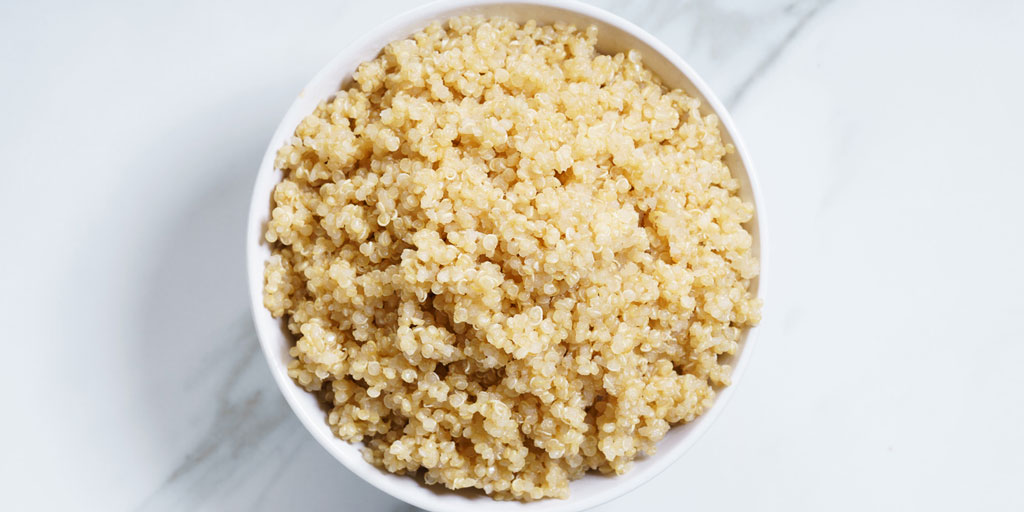
2. MILK
Milk’s natural combination of carbs (lactose) and high-quality protein, including whey and casein means it can be readily used by your body to build and maintain muscle mass. What’s more, cow’s milk is chock-full of calcium – a mineral needed for a strong skeleton, but also required to help muscles contract.
TIP: Milk is a great base for smoothies, cereal toppers or making pancakes.

3. ALMONDS
Eating nuts is a daily must-do, especially almonds which contain 6 grams of protein in one handful. Calcium-rich almonds are also ideal for those who avoid dairy which can assure they’re getting enough of this mineral to assist with efficient muscle contraction.
TIP: Slivered almonds make a crunchy addition to salads, stir-fries and yoghurt toppers.
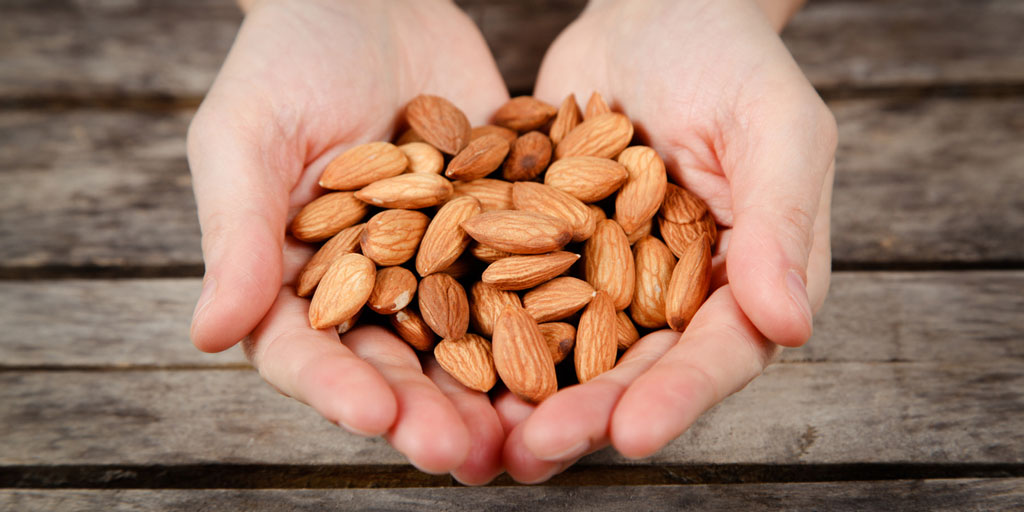
4. COTTAGE CHEESE
Just 2 tablespoons of cottage cheese pack a whopping 9 grams of protein in less than 400 kilojoules (95 calories) and less than 5 grams of fat (as opposed to other types of cheese, which can be extremely high in fat).
TIP: Cottage cheese makes a delicious baked potato topper, or mix it with some fresh fruit for a fast, healthy snack.
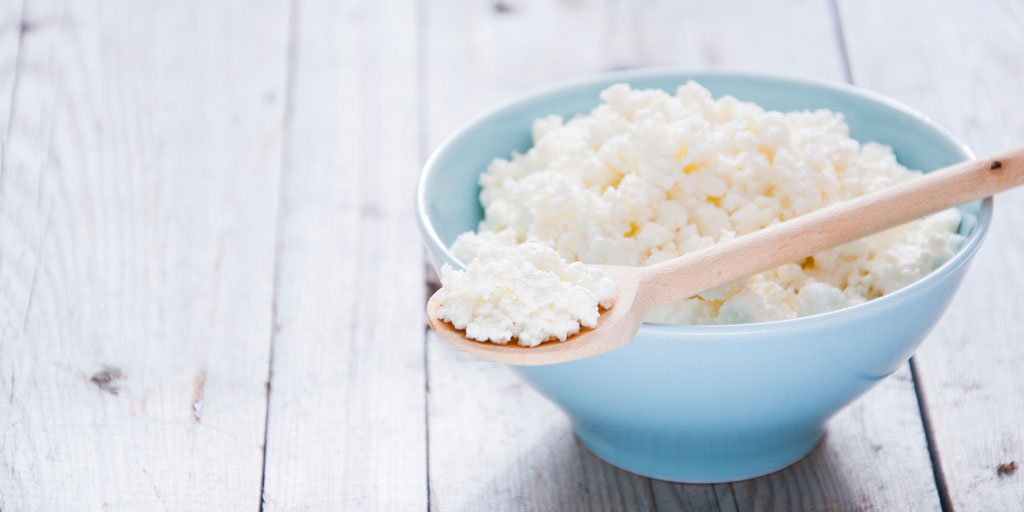
5. RED MEAT
Just 100 grams of cooked lean beef contain upward of 27 grams of protein, along with a host of other essential vitamins and minerals including vitamin B12, zinc and iron – all of which are important for muscle growth and development.
TIP: If you eat red meat, opt for lean sources and grass-fed wherever possible.
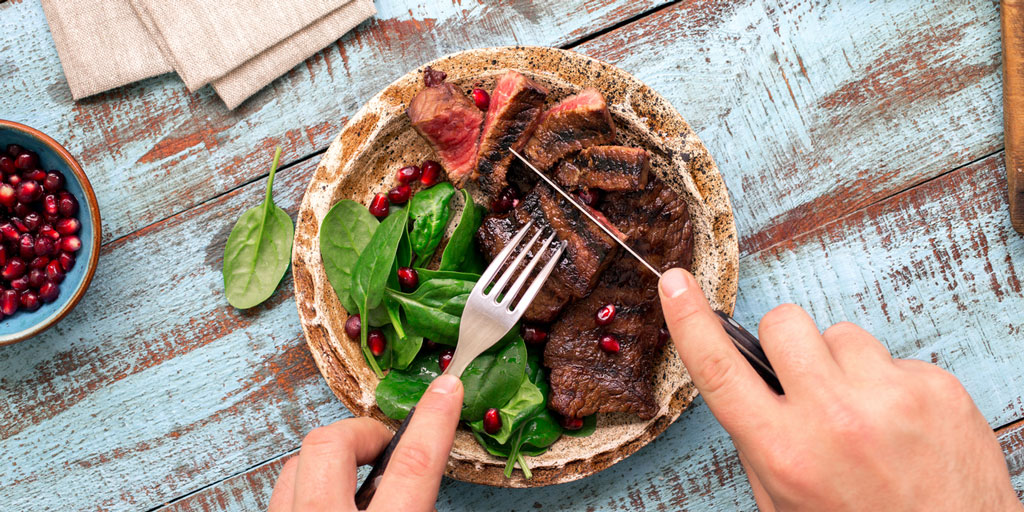
6. LEGUMES
Legumes (beans, lentils, peas, chickpeas) are inexpensive and versatile packed full of nutrition, including a lean source of protein (roughly 12 grams per cup) and low GI carbohydrates making – making it an ideal post-workout pick for its balanced carbohydrate-to-protein ratio. They’re also low in fat, have no cholesterol and are a protein alternative for vegans.
TIP: Add legumes to soups, casseroles and salad or use them to bulk out meat dishes such as a bolognese or Mexican sauce. They also make a great base for patties or vegetarian burgers or hummus.
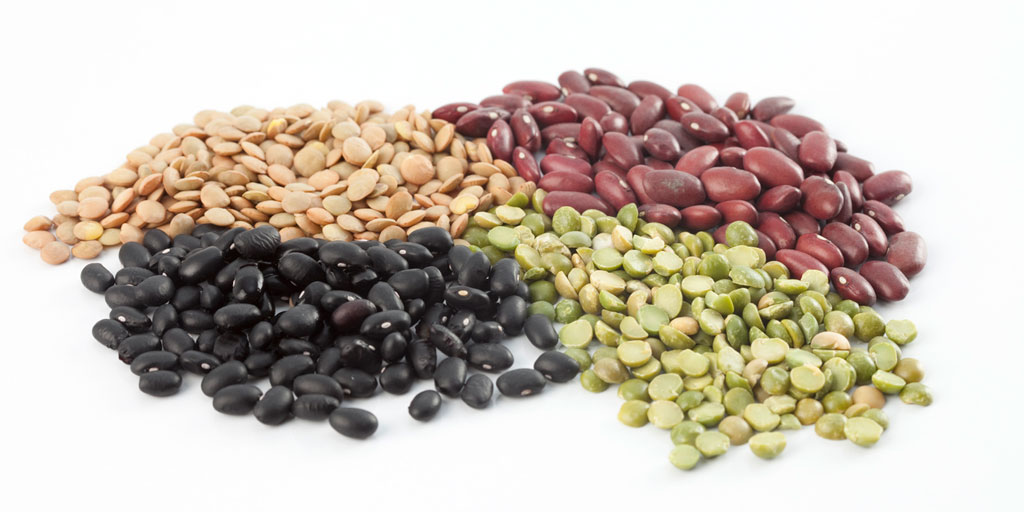
7. EGGS
One egg contains at least 11 essential vitamins and minerals, as well as high-quality protein, all for around 300 kilojoules (71 calories) a piece.
TIP: Whether you like them poached, baked or scrambled, eggs are versatile team player in casseroles, omelettes, frittatas or added to stir-fries and rice dishes.
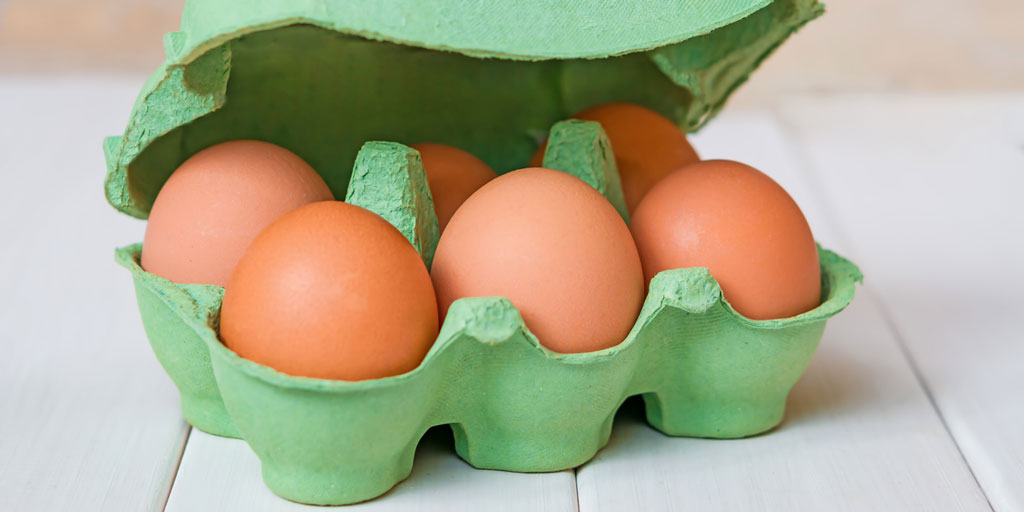
Filter
Show by